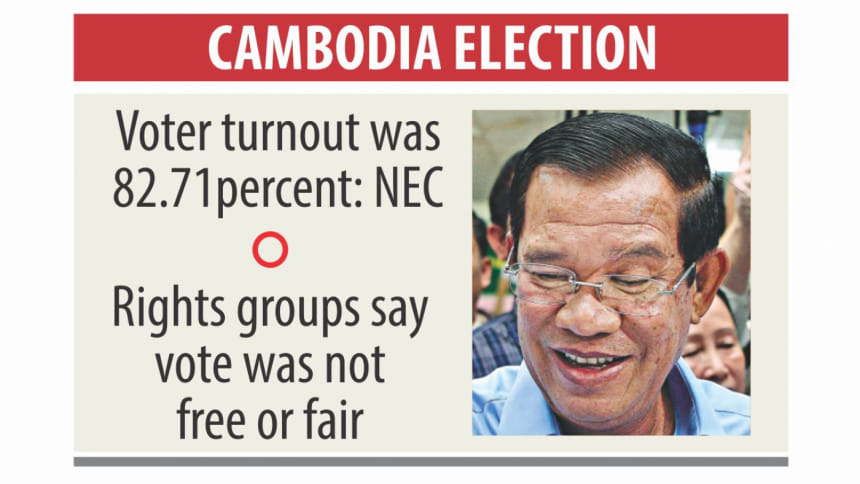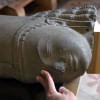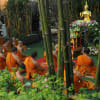Strongman PM reelected

Cambodia's ruling Cambodian People's Party (CPP) said yesterday that it had won a general election that rights groups said was neither free nor fair due to voter intimidation and the absence of any significant challenger to Prime Minister Hun Sen.
With no real opposition to speak of, Hun Sen was widely expected to win. But the election was widely criticized as a sham because of a campaign of intimidation by Hun Sen and his allies against critics and the dissolution of the main opposition last year.
CPP spokesman Sok Eysan said the party won an estimated 100 out of 125 parliamentary seats.
"The CPP won 80 percent of all the votes and we estimate we will win not less than 100 seats," Sok Eysan told Reuters in a telephone interview.
Results from around the country were still being announced by the National Election Commission yesterday and official results aren't expected until mid-August.
Hun Sen's opponents had called for an election boycott.
The National Election Commission (NEC) said in a statement that voter turnout was 82.71 percent. Earlier in the day it put the figure at 80.49 percent.
In the previous general election in 2013 turnout was 69.61 percent.
Yoeung Sotheara, an election analyst and legal expert who previously worked as a poll monitor in Cambodia, said yesterday's result was best compared with the result of the nationwide local government elections in 2017, where turnout was 90 per cent, or 7.1 million voters.
Electoral reforms in 2016 made it easier for people to register where they lived and cleaned out dead people and "ghost" names from the voter list, he said.
Scenes on the ground in the capital Phnom Penh painted a different picture than that presented by the government. At a polling station near the river, election workers outnumbered voters and a slow trickle of people arrived throughout the day. Another polling station at a school was quiet, with a handful of voters casting their ballots in the mid-afternoon heat.
Critics say the election is a backward step for democracy in Cambodia, marred by intimidation by the ruling Cambodian People's Party (CPP) and the dissolution last year of the main opposition Cambodian National Rescue Party (CNRP) and the jailing of its leader, Kem Sokha, on treason charges.
The United States, the European Union and Japan all said they would not be sending observers to the election.

 For all latest news, follow The Daily Star's Google News channel.
For all latest news, follow The Daily Star's Google News channel. 








Comments